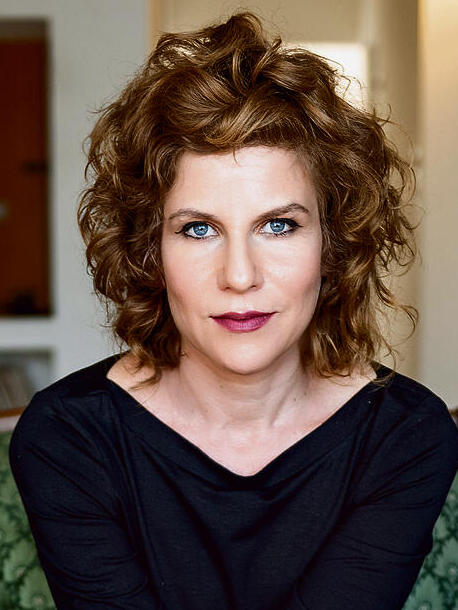Getting your Trinity Audio player ready...
Amos Oz once said that he would write an opinion column when he knew exactly what he wanted to tell his readers, and turn to prose fiction when he didn't. Interestingly enough, it was Oz, the Israeli writer most identified as the "observer for the house of Israel" lecturing his people at times of distress, who acknowledged his own lack of eloquence as the foundation of his fiction writing.
I recently remembered Oz's observation, maybe because never in my life have I been so unenthusiastic about writing an opinion column. Sometimes I feel as if my old, sharp, opinionated self has completely vanished since October 7th, leaving me bewildered and uncoherent, too angry, hurt and disillusioned to articulate one unequivocal argument.
Tales of tumult: Israeli authors decode war
- If you speak the language of life, you must look reality in the eye/ Ofir Touche Gafla
- October 7 2023, a day that will live in infamy/ Noa Menhaim
- A call: Help release the Israeli captives/ Yishai Sarid
- The danger in how the world sees Hamas/ Edna Shemesh
What do you write when the qualities that were so prevalent in your writing no longer serve you? What do you write when you no longer believe anything or anyone? And if, indeed, prose fiction is the literary embodiment of "not knowing what to tell," then what form should Israeli prose fiction take after this war?
For me, writing fiction about the war is writing about that which can never be fully told. October 7th has brought to my literary imagination new horrifying images: Red headed children in the arms of a terrorized mother; a young woman, her pants soaked in blood; young people running in the fields for hours; heavy knocking on doors on a quiet Saturday morning.
These images and these characters were not there once and now they are there all the time, haunting me at night and hovering over my writing desk when I'm trying to write during the day. I don’t know what is it that I want to "tell" about them, but I do know that they will find their way into everything that I write from now on, whether it be a novel or a short story, whether the setting is similar or completely different.
 Tamar MerinPhoto: Gabriel Baharlieh
Tamar MerinPhoto: Gabriel BaharliehIf I have one "obligation to the readers" it is not to "share my opinion" nor to become a new (female?) "observer for the house of Israel" lecturing about the "lessons" of this war. All that I can do as a writer is to let all of these characters and images in, to let them tell their own untold, incomprehensible story, putting it into words even if these words will not make sense for a very long time, maybe never.
- Tamar Merin is an Israeli novelist, literary scholar, and critic in Tel Aviv
Tales of tumult: Israeli authors decode war
- Your prisoner is only a baby: a letter to the jailer/ Sagit Emmet
- I feel like the person in 'The Scream' painting/ Ricki Cohen
- War and pogroms: From 2023 to 1903 in just one day/ Dorit Silverman





